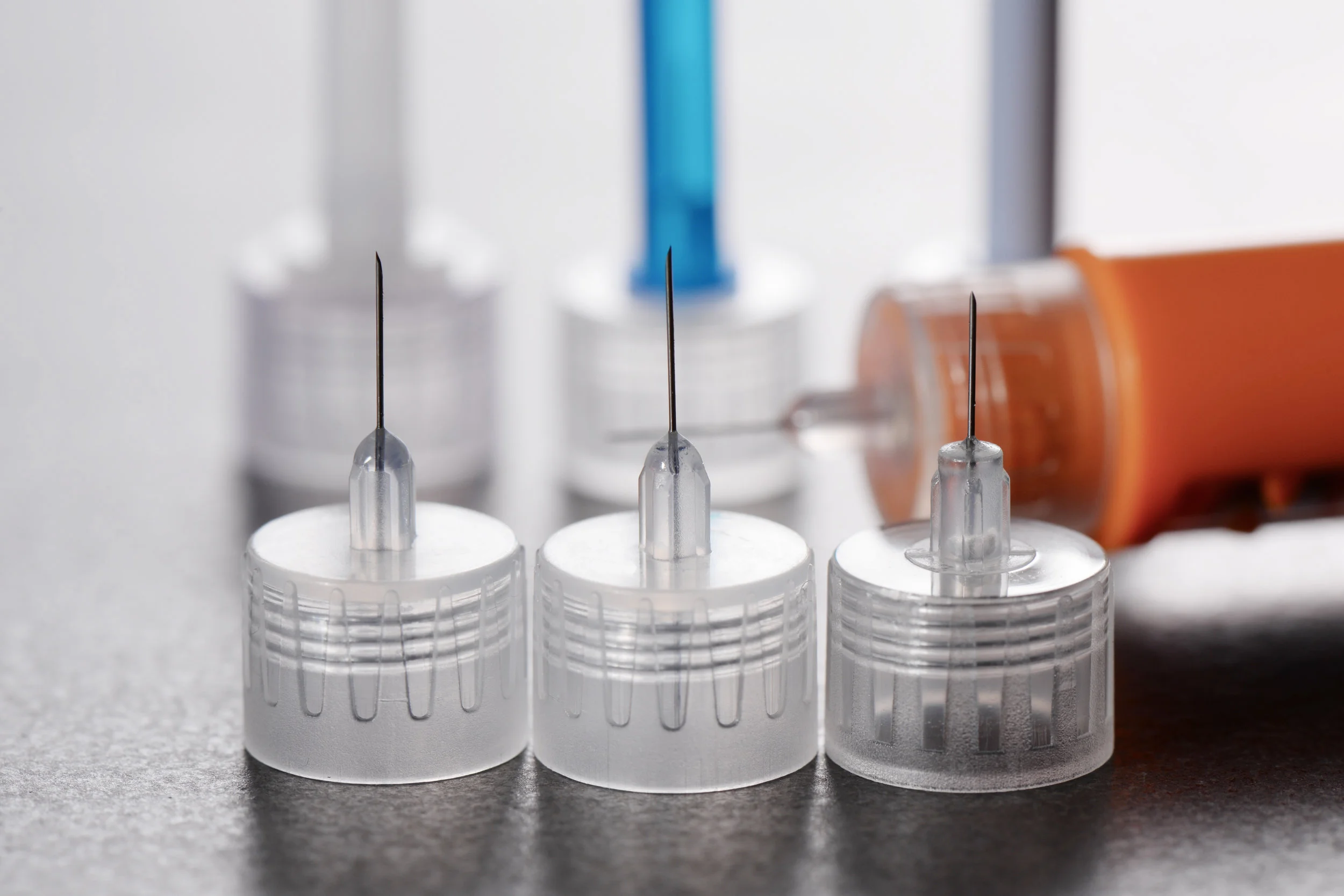There has been a lot of news lately about the efforts on many fronts – grassroots, federal and state lawmakers, and patient groups – to address astronomical drug prices. Although there are a lot of essential medications that need to be more affordable, the headliner drug for these efforts is insulin. Insulin is a “clean cause”. That is, you don’t “do something” to get the associated condition (Type 1 diabetes), it affects children, and people die without it. Also, since 1972, it has gone from $1.49 per vial (~$9 adjusted for inflation) to an average of about $300 per vial. Since they can’t afford it, many diabetics who need it are rationing – they are only taking as much as they can afford, as opposed to enough to keep them healthy. Eventually, if they don’t get what they need, they die.
Everyone knows this is a serious issue, but in all of the emotional testimony, I have never heard anyone describe how it feels to go through this. There are the grieving family members. They don’t know. There are the providers trying to help their patients. They don’t know, either. And unfortunately no one can ask the patients who have slipped into comas or died.
But I can tell you. When I was going through my young and stupid phase (ages 14-20), I did this to myself. Not because we couldn’t afford it. Back then, my father recalls we could get a vial of insulin for about $11. No, I did it because I was, well, young and stupid, and I couldn’t think of a better way to rebel against my parents. There was no dating questionable guys, no experimenting with illegal substances, no cutting school, not even breaking curfew (yeah, I was that kid). Just that one little thing. We are all surprised that I didn’t end up killing myself.
So what does happen to your body when you don’t (or can’t) take enough insulin?
Insulin is the only way to break down the food you eat so your body can use it. Without that, unused carbs still turn into sugar, but they make their way into places it shouldn’t be. We monitor this process ourselves through blood sugar monitoring devices. You’re usually good if you can keep blood sugar levels below 200 milligrams per deciliter. If not, in a nutshell, you starve to death. Even if you are eating 5,000 calories a day, like I was.
It’s a slow, miserable process. Not a huge deal for the first few days, or even the first few weeks, especially if you can manage to keep your blood sugars only a little high, say in the low 200s. But eventually things start happening. Here is a list of some of the things that happen when you ration insulin:
Your blood pressure starts to creep up, damaging circulation, and therefore nerve endings from your retinas to the tips of your toes. This causes blurry vision, shortness of breath, and the excruciatingly painful death of nerves in your extremities.
You start to dehydrate. Since your body is not absorbing enough of anything, you become very thirsty. You start to get cottonmouth, which causes you to drink all the time. Even if you drink gallons, you will stay thirsty. Whatever you drink will go right through you, so you also have to pee all the time, including several times a night. If you don’t make it to a bathroom in time, you start having to deal with incontinence issues.
You get really hungry. You eat everything in sight, but are never satisfied for more than a brief moment. At this point you are absorbing little to nothing, so your body starts to use its stored fat reserves. You lose weight uncontrollably, and when your body has gone through all of its reserves, it starts feeding on its own organs in a desperate bid for survival.
Your body puts all its energy into survival, and your already damaged immune system becomes nonexistent. You pick up every bug, big or small, from anyone who comes close enough.
You get really tired. As your body starts to consume itself, severe exhaustion sets in. It gets so bad, you can’t function.
It takes a while, but eventually your organs get weaker and weaker, and you die of a heart attack or stroke. Your cause of death will read “complications of diabetes”.
I was lucky. I did get out alive, but if it hadn’t been for my family and one particular eye doctor, I wouldn’t have, even though we could afford it. People who ration don’t have a choice.
I understand that drug development is expensive and that the companies that do it are for profit, but insulin hasn’t changed in nearly two decades (neither have drugs for life-threatening allergic reactions) and the government has funded the development of most of the cancer treatments in the 21st century. The drugmakers should not be lining their golden parachutes on the backs of our lives. We are not your return on investment. It has to stop.

